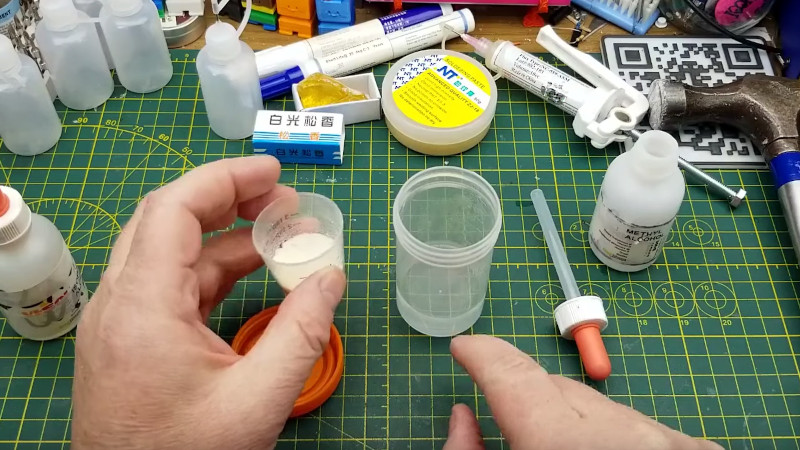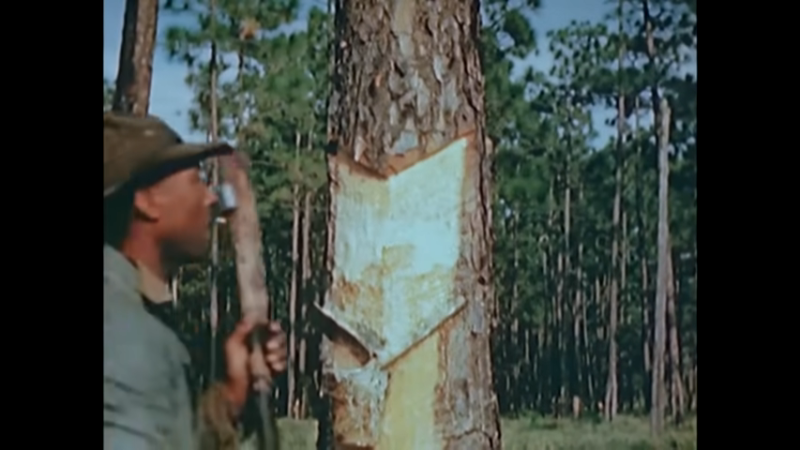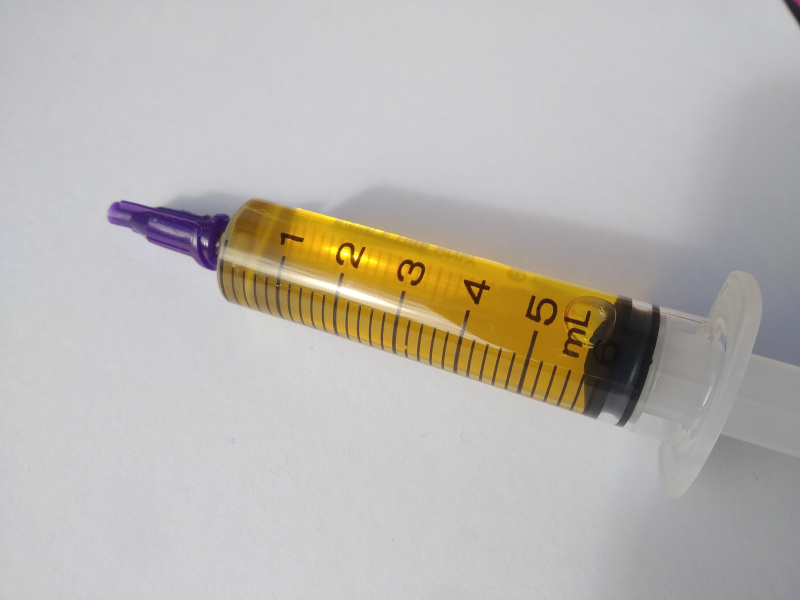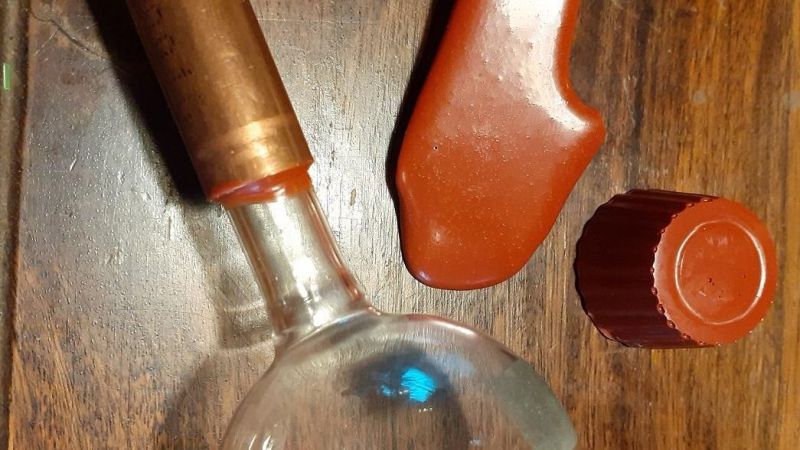Flux, From Scratch

Soldering flux is (or at least, should be) one of the ubiquitous features of any electronics bench. It serves the purpose of excluding oxygen from a solder joint as it …read more Continue reading Flux, From Scratch
Collaborate Disseminate

Soldering flux is (or at least, should be) one of the ubiquitous features of any electronics bench. It serves the purpose of excluding oxygen from a solder joint as it …read more Continue reading Flux, From Scratch

If someone in 2023 has ever had much call to use turpentine, chances are good it was something to do with paint or other wood finishes, like varnish. Natural turpentine …read more Continue reading Retrotechtacular: The Story of Turpentine

You don’t think much about the power company until you flip the lights on and they don’t come on. The same can be said of soldering flux. You don’t think …read more Continue reading Whip up Some Homemade Artisanal Flux

Science today seems to be dominated by big budgets and exotics supplies and materials, the likes of which the home gamer has trouble procuring. But back in the day, science …read more Continue reading Reviving Old Recipe for Faraday Wax Keeps Vacuum Experiments Going
Solder is the conductive metal glue that one uses to stick components together. If you get the component and the PCB hot enough, and melt a little solder in the joint, it will stay put and conduct reliably. But it’s far from simple.
There are many different solder alloys, and …read more
Continue reading The Fascinating World Of Solder Alloys And Metallurgy
Often it feels as if soldering is deemed to be more of an art form than something that’s underpinned by the cold, hard reality of physics and chemistry. From organic chemistry with rosin, to the material properties of fragile gold bond wires and silicon dies inside IC packages and the …read more
Continue reading Get To Know The Physics Behind Soldering And The Packaging Of ICs
For most of the history of industrial electronics, solder has been pretty boring. Mix some lead with a little tin, figure out how to wrap it around a thread of rosin, and that’s pretty much it. Sure, flux formulations changed a bit, the ratio of lead to tin was tweaked …read more
Did you ever stop to think how unlikely the discovery of soldering is? It’s hard to imagine what sequence of events led to it; after all, metals heated to just the right temperature while applying an alloy of lead and tin in the right proportions in the presence of a proper fluxing agent doesn’t seem like something that would happen by accident.
Luckily, [Chris] at Clickspring is currently in the business of recreating the tools and technologies that would have been used in ancient times, and he’s made a wonderful video on precision soft soldering the old-fashioned way. The video …read more
I’ve been soldering for a long time, and I take pride in my abilities. I won’t say that I’m the best solder-slinger around, but I’m pretty good at this essential shop skill — at least for through-hole and “traditional” soldering; I haven’t had much practice at SMD stuff yet. I’m confident that I could make a good, strong, stable joint that’s both electrically and mechanically sound in just about any kind of wire or conductor.
But like some many of us, I learned soldering as a practical skill; put solder and iron together, observe results, repeat the stuff that works …read more
![]() Continue reading What the Flux: How Does Solder Work Anyway?
Continue reading What the Flux: How Does Solder Work Anyway?